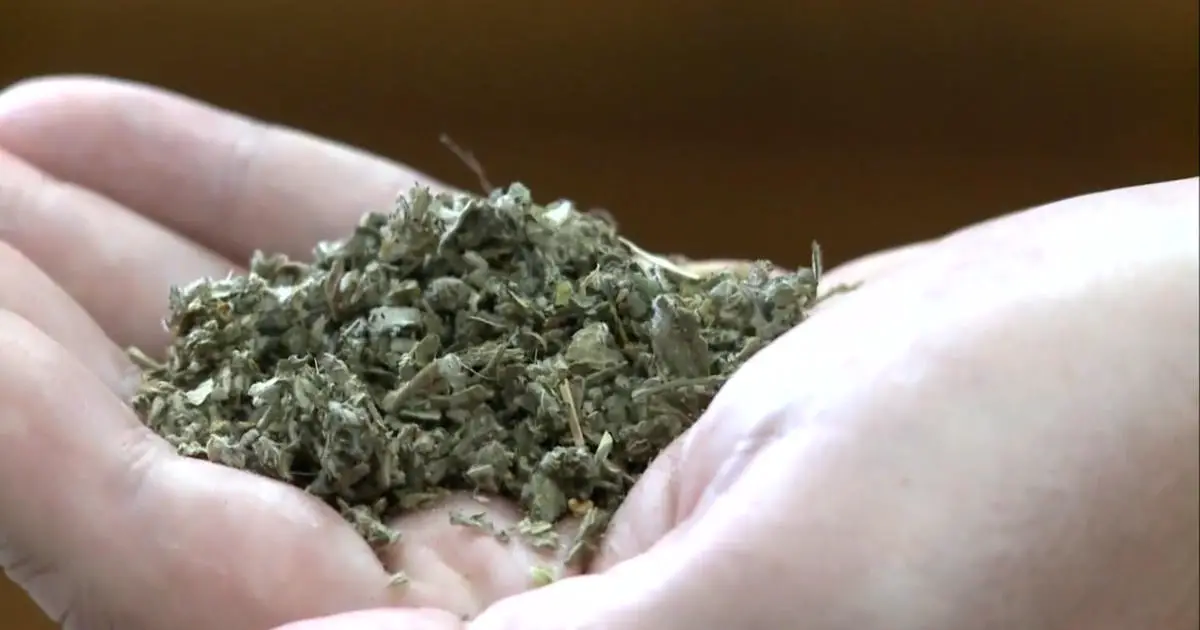
While medical and even recreational cannabis, aka marijuana, is making a strong push for the mainstream despite its illegal status in many areas, products containing synthetic marijuana are still available at some gas stations, convenience stores, online and in other shops.
A 2011 declaration by the DEA classified synthetic marijuana as a Schedule I drug, but many makers have been able to get around the laws by creating products with newer types of synthetic cannabinoids that are not restricted.
In summer 2018, multiple deaths were linked to synthetic marijuana including four in Illinois, as well as hundreds of injuries across ten states. Samples of the products from Illinois were found to be laced with rat poison.
These lab-created drugs have come under fire from all angles including by parents, educators, state officials and more.
But what many people don’t realize is that these drugs were funded by the government to begin with, according to a report from one of the United States’ long-running cannabis publications.
The Government’s Role in Creating Deadly Synthetic Marijuana
Agents have worked to prevent the sale of these products, which are known to be “associated with adverse effects including rapid heart rate, vomiting, violent behavior and suicidal thoughts, and an increase in blood pressure, as well as causing reduced blood supply to the heart, kidney damage, and seizures.”
It all began with an experiment funded by the government through taxpayer money, the website PROHBTD said in a report.
The report tells the story of Clemson University chemist Dr. John W. Huffman, who began researching how to create synthetic cannabinoids in 1984.
Huge taxpayer-funded grants were given to aid his research, the result of which was almost 500 different synthetic cannabinoid substances designed to mimic the mostly benign natural healing chemicals in cannabis.
The grants were funded by the historically anti-cannabis National Institute on Drug Abuse (NIDA).
The research helped create substances that could be utilized by pharmaceutical companies to begin producing synthetic versions, and because the cannabinoids could be patented, these companies had free reign over producing drugs that could be sold in place of the real thing, for a market in which the industry controls the prices.
In other words, it was business as usual for Big Pharma, which continues to create expensive, synthetic marijuana drugs for sale using this technology.
Synthetic Marijuana is Easy to Make and May Be Deadly
Dr. Hoffman’s research was not only a boon to Big Pharma, but also to aspiring chemists who are able to make their own cheap versions of these substances and even whole products without much experience.
Any “halfway decent undergraduate chemistry major” can make synthetic marijuana, Dr. Huffman said, and they have been making it under names like Spice, K2 and Blaze.
This culture has allowed cheap, potentially dangerous versions of fake cannabis to flood store shelves, leading to bans in some isolated areas while putting many others at risk.
“Young people are being harmed when they smoke these dangerous ‘fake pot’ products and wrongly equate the products’ ‘legal’ retail availability with being ‘safe,'” said then-DEA chief Michele M. Leonhart.
Dr. Huffman himself warned about the dangerous of this synthetic, unnecessary product after creating it in the first place.
“These things are dangerous—anybody who uses them is playing Russian roulette,” Dr. Huffman said.
“They have profound psychological effects. We never intended them for human consumption.”
For more information on synthetic marijuana and how to avoid it, click here.
Further Reading: Synthetic Marijuana Approved By DEA for Medicine While The Real Thing Remains Illegal
Thanks for installing the Bottom of every post plugin by Corey Salzano. Contact me if you need custom WordPress plugins or website design.




